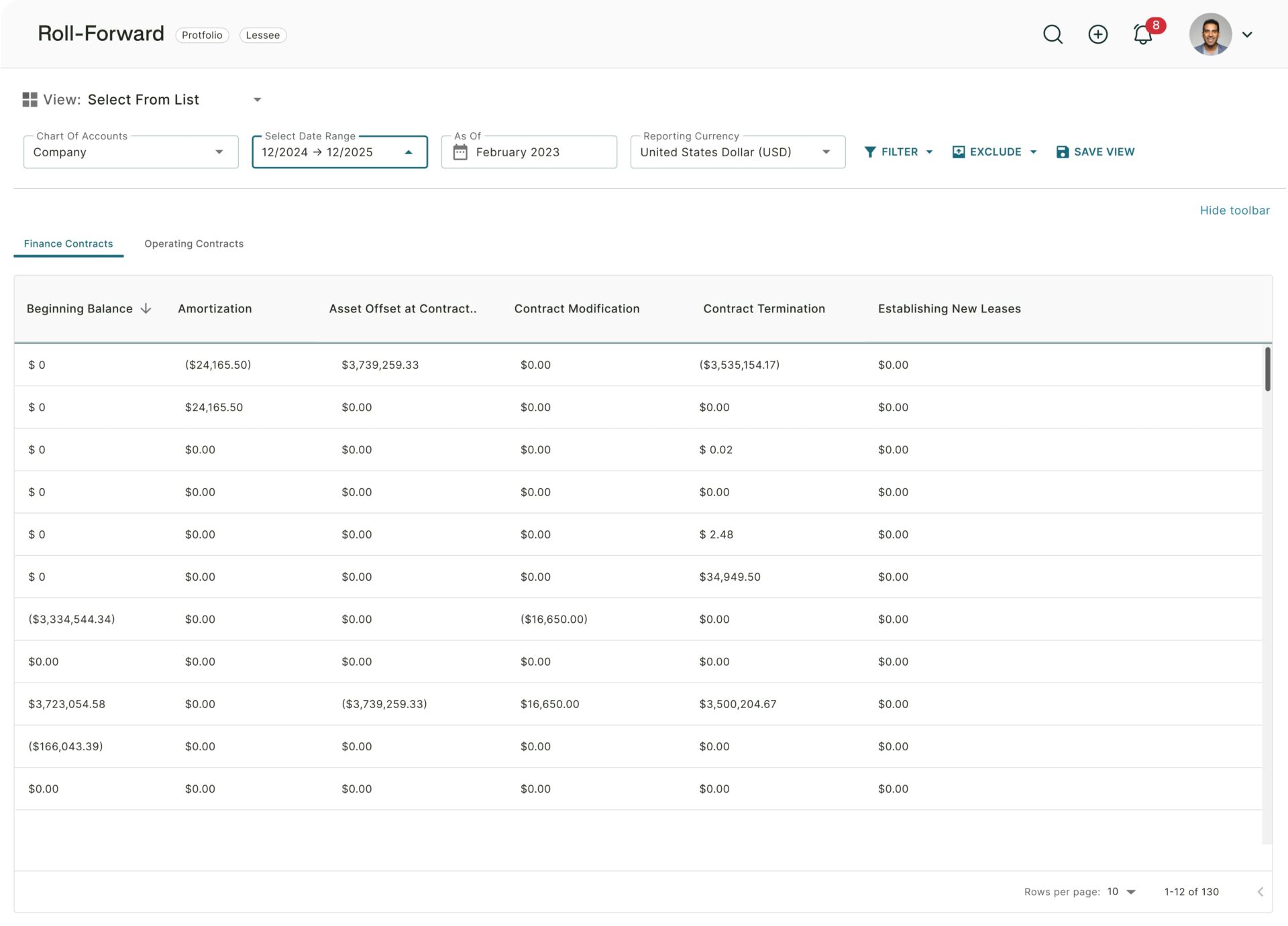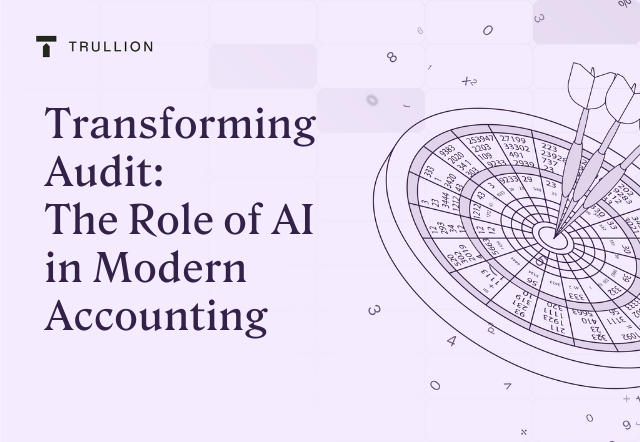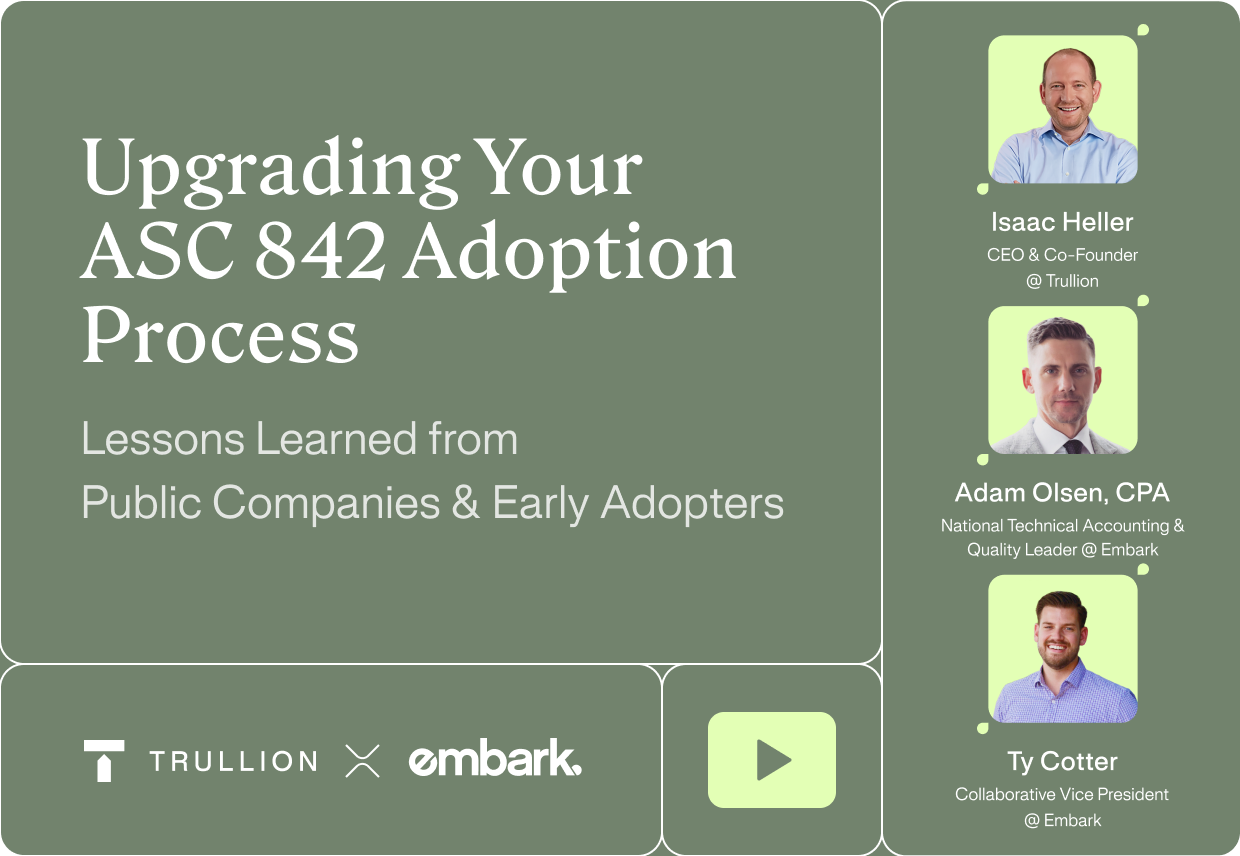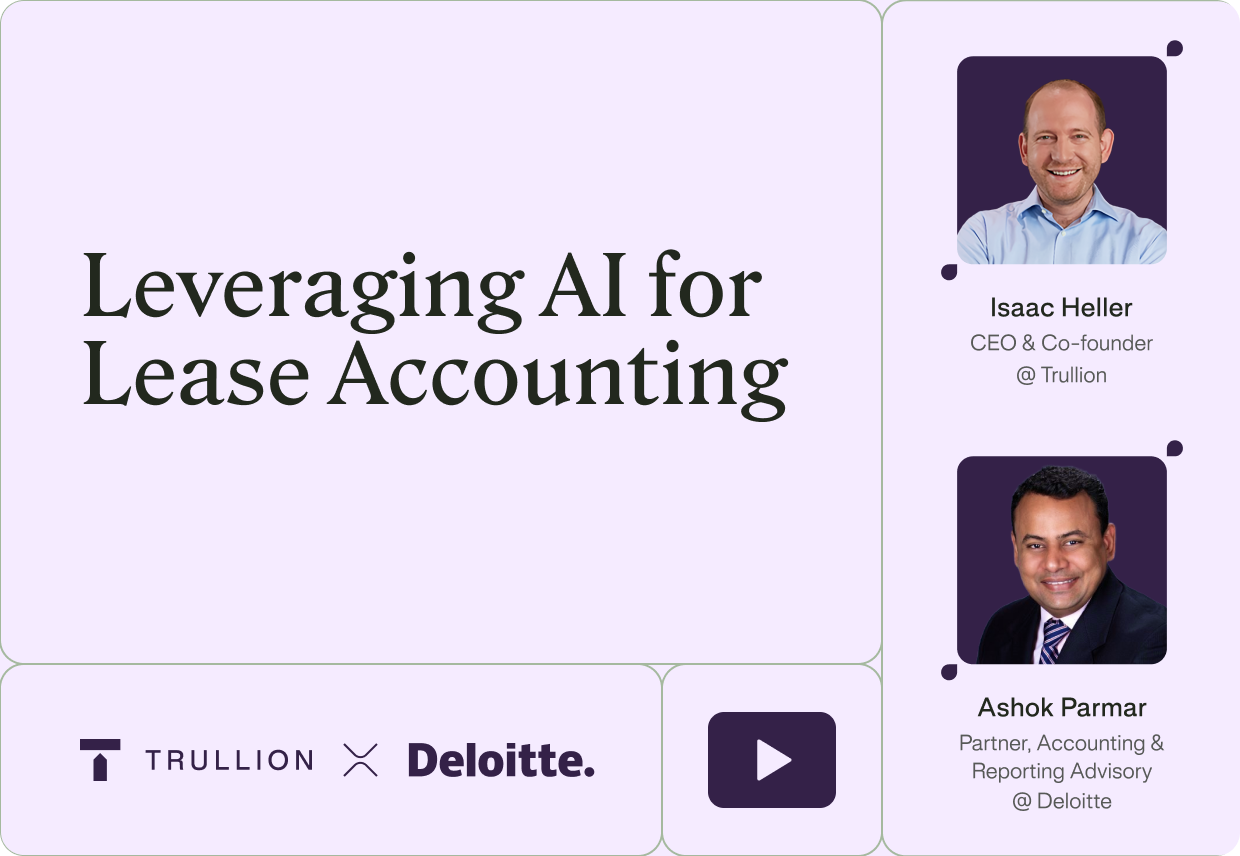The institution of auditing can be traced back thousands of years. Evidence exists of Egyptian pharaohs implementing a system of audit – over four and a half thousand years ago.
Fast forward to the present day, and auditing is undergoing some of the biggest changes in its storied history.
AI is transforming modern auditing. How – and how much – is the subject of ongoing debate.
The evolution of auditing
Auditing has evolved from a relatively simple process to a complex and regulated profession.
In the early 20th century, the establishment of regulatory bodies like the Securities and Exchange Commission (SEC) in the United States and the introduction of Generally Accepted Auditing Standards (GAAS) marked a turning point for auditing. Auditors began playing an essential role in ensuring the accuracy and reliability of financial information provided by companies to investors and the public. The profession’s formalization led to the rise of Certified Public Accountants (CPAs) and increased emphasis on independence, objectivity, and ethical behavior in auditing practices.
As computer technology emerged in the mid-20th century, auditors started to leverage computers for data processing, leading to the automation of various audit tasks. The use of Computer-Assisted Audit Techniques (CAATs) allowed auditors to analyze larger volumes of data, enhancing the efficiency and effectiveness of audits.
In the 21st century, auditing underwent further transformation with the advent of advanced data analytics, artificial intelligence (AI), and machine learning. AI-driven audit tools and software-empowered auditors began to analyze massive datasets, and identify trends, anomalies, and potential risks more accurately and efficiently. This shift towards data-driven auditing enabled auditors to focus on higher-risk areas, adding more value to the audit process and providing deeper insights to clients and stakeholders.
Today, auditing is at a crossroads.
On the one hand, there are these exciting technological developments. On the other hand, the auditing profession has been rocked by scandal after scandal (from Enron to Wirecard and beyond), faced constant pressure on fees, seen a shift away from traditional auditing towards “value-adding” services like consulting, and struggled to attract the best and brightest talent to its ranks.
AI has the potential to decide – or at least heavily influence – which direction the profession takes from here.
How AI is transforming traditional audit methods
To understand the enormity of the transformation that AI is driving within the world of auditing, it’s instructive to look at the traditional methods that AI is now improving.
For example, with Test of Details, AI can run in-depth analytical procedures, or seamlessly verify the occurrence, completeness, and accuracy of transactions with reference to the appropriate documentation and a full audit trail.
Other ways in which AI is improving audit methods include:
Engagement Planning
Traditional approach: Understanding the client’s business and industry through interviews and document reviews.
AI Transformation: AI-powered data analytics can quickly analyze vast amounts of structured and unstructured data from various sources, providing auditors with deeper insights into the client’s operations, potential risks, and industry benchmarks.
Risk Assessment
Traditional approach: Auditors assess risks based on their professional judgment and historical data.
AI Transformation: AI can analyze large datasets and detect patterns, enabling auditors to identify potential risk areas more accurately and efficiently, allowing for a more data-driven risk assessment.
Materiality Determination
Traditional approach: Materiality thresholds are set based on historical practices and experience.
AI Transformation: AI can analyze trends and patterns in financial data to help auditors determine more precise materiality thresholds, taking into account various factors and changes in the business environment.
Audit Evidence Gathering
Traditional approach: Auditors manually collect evidence through inquiries, inspections, and re-performance.
AI Transformation: AI-powered data mining and advanced analytics can automate evidence-gathering processes by scanning vast datasets, identifying anomalies, and presenting relevant evidence to auditors, making the process more efficient and comprehensive.
Testing Internal Controls
Traditional approach: Auditors manually perform Tests of Controls.
AI Transformation: AI-based tools can run automated Tests of Controls on large samples, identify exceptions, and assess control effectiveness more efficiently and effectively.
Substantive Testing
Traditional approach: Auditors manually select samples and perform substantive testing on account balances and transactions.
– AI Transformation: AI can assist auditors in selecting statistically significant samples and performing substantive testing more quickly, identifying potential misstatements with higher accuracy.
Analytical Procedures
Traditional approach: Auditors perform analytical procedures manually.
AI Transformation: AI can analyze financial data, identify unusual trends or patterns, and automatically generate alerts, helping auditors focus on significant areas that may require further investigation.
Audit Sampling
Traditional approach: Auditors manually select samples from populations.
AI Transformation: AI can use advanced sampling techniques, such as stratified sampling or machine learning algorithms, to optimize the sample selection process, leading to more representative samples and improved audit efficiency.
Review of Going Concern Assumption
Traditional approach: Auditors manually assess going concern issues.
AI Transformation: AI can analyze financial and non-financial data to evaluate the likelihood of going concern issues more accurately, considering a broader range of factors.
The future of AI in auditing
The future of AI in auditing is poised to bring significant advancements, reshaping the profession, including how audits are conducted. As technology continues to evolve, AI is expected to play a crucial role in revolutionizing the auditing process in several ways:
Advanced Data Analytics and Automation: AI-powered data analytics will become more sophisticated, allowing auditors to analyze vast amounts of data quickly and accurately. Automation will streamline repetitive tasks, such as data collection, processing, and evidence gathering, freeing up auditors to focus on higher-value tasks like risk assessment and providing strategic insights.
Natural Language Processing (NLP) and Text Analytics: NLP capabilities will enable auditors to extract and interpret information from unstructured text, such as contracts, emails, and financial reports. This will enhance auditors’ understanding of business operations and facilitate risk identification in a more comprehensive manner. Already leading AI-powered accounting software solutions like Trullion enable companies to upload any type of file, extract and tag data such as names, dates, and payments – and ensure all transactions are supported by a full audit trail. For auditors, Trullion ensures all outputs are audit-ready, so AI can effortlessly work its magic.
Blockchain for Transparency and Verification: Auditing will leverage blockchain technology to provide a tamper-proof audit trail and enhance the transparency and traceability of financial transactions. Smart contracts can be audited automatically to ensure compliance with predefined rules.
Fraud Detection and Prevention: AI’s ability to analyze large datasets and detect patterns will significantly bolster fraud detection and prevention efforts. Auditors can use AI-powered tools to identify unusual transactions and potential fraudulent activities with higher accuracy.
Collaboration between Auditors and AI: Auditors will collaborate more seamlessly with AI systems, working alongside them to enhance audit quality, efficiency, and consistency. AI will complement auditors’ expertise, promoting a stronger, human-augmented audit process.
Overall, AI’s future in auditing holds great promise, allowing auditors to provide more timely, accurate, and valuable insights to clients and stakeholders, fostering greater trust and confidence in financial reporting and decision-making processes.
Practical applications of AI in compliance with GAAP audit standards
On a very practical level, let’s take a look at how AI is already being used to more effectively comply with GAAP standards. The example we’ll look at is lease accounting.
Assume a company enters into a new contract for office space. The contract is signed electronically, and a PDF contract is generated. After a while, the company decides to reduce the amount of space taken and signs an amendment to the original contract. The annual audit is coming up, and the CFO is nervous about the accounting around these transactions, especially given recent changes to the lease accounting standards.
If the company is a Trullion customer, the process couldn’t be simpler. Trullion’s automated lease accounting solution will:
- Enable the accounting team to upload the PDF document with one click
- Extract and tag the relevant information, including amounts, dates, and payment terms
- Suggest the correct journal entries and ASC 842-compliant disclosures
- Trace each step for a transparent audit trail
- Automatically detect modifications in real-time
- Produce accurate, compliant, audit-ready lease reports
For auditors, all of this means a smooth, resource-light, and highly compliant audit process.
AI is transforming audit for the better
One of the most important areas in which AI is transforming audit is in doing the majority of the heavy lifting, the manual work – and letting audit teams focus on high-risk and high-value areas.
It’s also becoming incredibly effective at identifying anomalies and verifying transactions and balances, removing a huge amount of risk from audits.
For auditors themselves, instead of being stuck in the details, AI empowers them to see the bigger picture, and thus be more efficient in the process, and more valued by clients.
To learn more about how AI can transform your audit experience, get in touch with a Trullion product expert.










